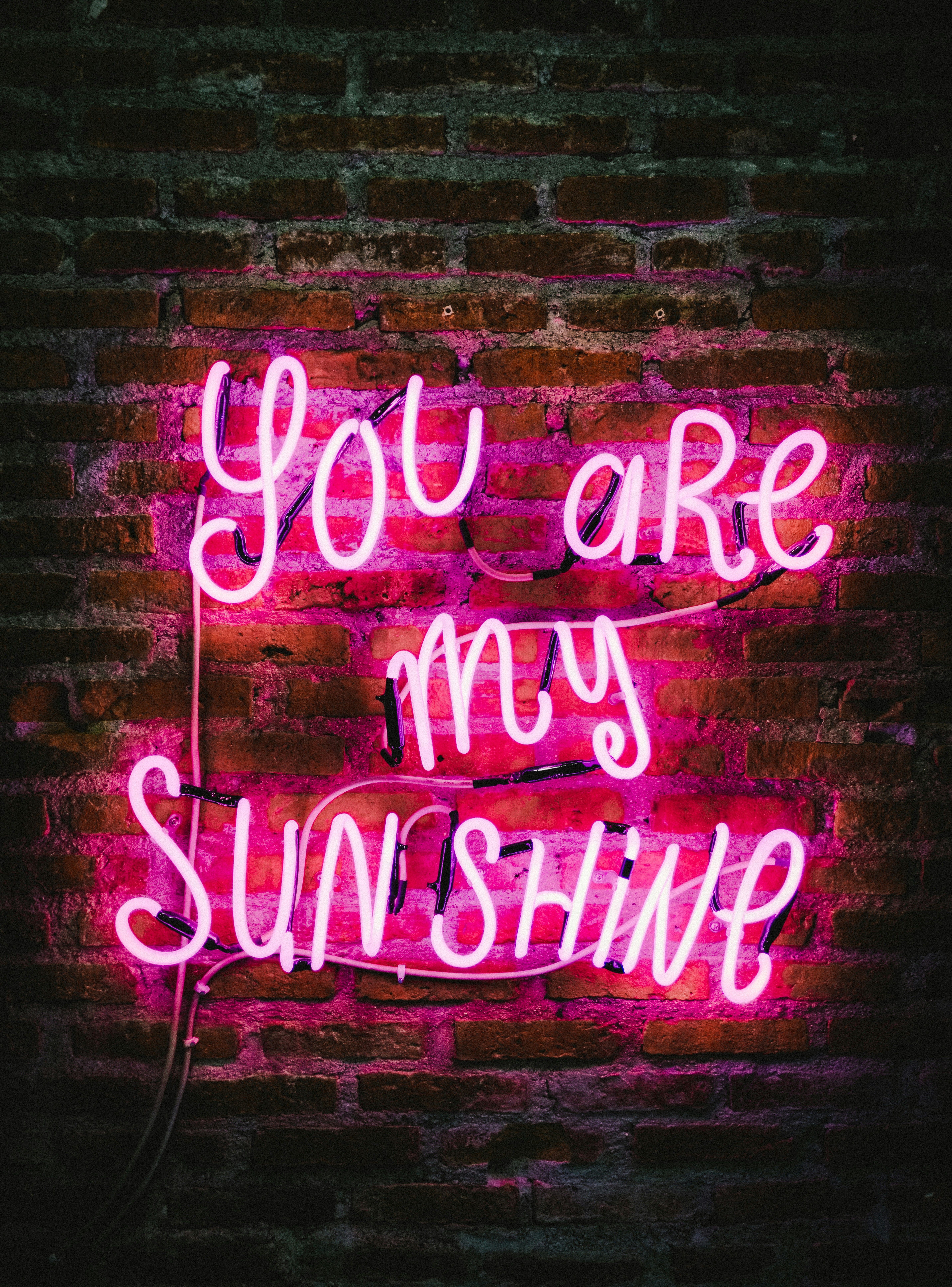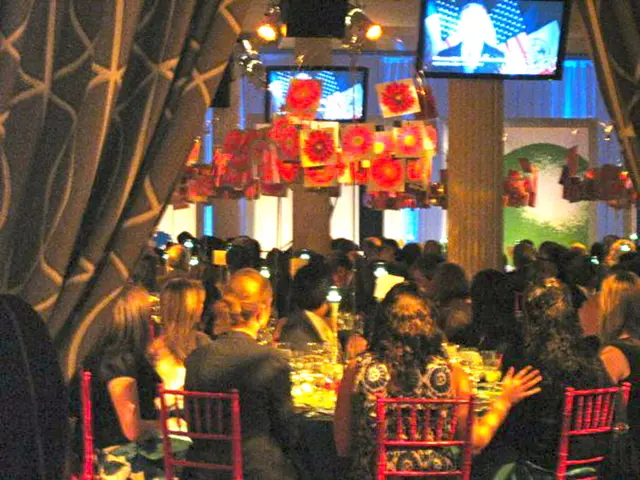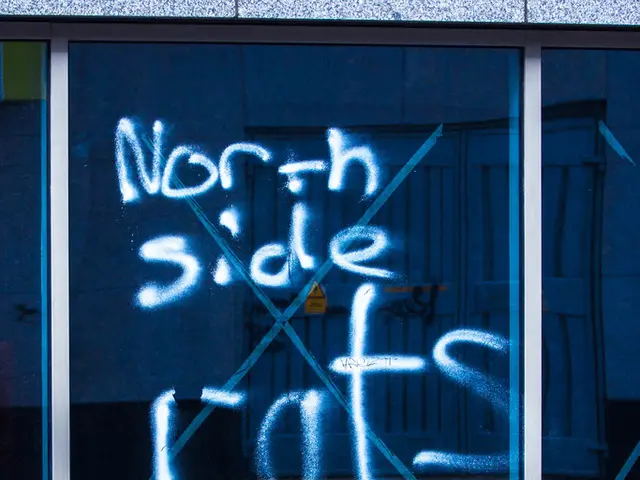Casual Slang Phrases for Informal English Chats
every day, casual English conversations are filled with a unique language: slang. These expressions form an integral part of verbal interactions, making them dynamic, entertaining, and a powerful tool for connection. Mastering slang enables individuals to engage authentically with English-speaking cultures and maintain the flow of informal discussions.
Slang originates from the need for identity and belonging among specific groups, marking a playful and imaginative side of linguistics. From cities' lively streets to virtual chat rooms, slang delves into society's pulse, offering new expressions and even entire dialects. This guide aims to acquaint readers with the popular, pulsating world of current slang.
Below is a sampling of universally recognized slang terms found in everyday conversations. These phrases are not solely confined to face-to-face interactions but also thrive in digital communication, demonstrating their adaptability across various contexts.
- Lit: Describes something exceptionally good, exciting, or trendy. Originated in hip-hop culture, "lit" is used to accentuate events, parties, or situations that stand out, such as "The party last night was totally lit!"
- Salty: Refers to feelings of irritation or disappointment when things do not go as planned. This term is employed when someone visibly expresses discontent, as in "After losing that game, Jake was so salty about it."
- AF: Stands for "as [expletive]," used for emphasizing extremes and expressing exaggerated feelings, such as "I'm tired AF."
- Squad: Denotes a close-knit group of friends with whom one frequently spends time. "I'm going to the concert with my squad tonight."
- FOMO: Stands for "Fear Of Missing Out." It describes the anxiety associated with being left out of exciting or interesting events that others are enjoying. With social media amplifying this feeling, FOMO is relatable to many in today's interconnected world, as shown in "Scrolling through these vacation photos gives me major FOMO."
- DM: Short for "Direct Message," indicating private messaging on social media platforms, such as "He slid into my DMs last night to initiate a private conversation."
- Viral: Signifies online content that spreads rapidly across the internet, capturing massive attention in a short span, as in "That new meme went viral; everyone is sharing it!"
- Troll: Originally described mischievous troublemakers in folklore, and in the digital age, someone who intentionally provokes others online by posting inflammatory or off-topic messages is called a "troll." "Don't feed the trolls" advises against engaging with those seeking conflict online.
- Vibes: Stemming from "vibrations," describes the feelings or energy emitted by a person, place, or situation. Commonly used to express enthusiasm or approval, such as "I'm loving the positive vibes here!"
- Sus: Short for "suspicious," describes something or someone that seems off, sketchy, or untrustworthy. "That explanation sounds sus."
- CBA: Stands for "Can't Be Arsed," expressing reluctance or lack of interest to engage with something. "I CBA going out tonight, I'm staying in and watching TV instead."
- Drip: Refers to an impressive level of fashionable appearance, derived from the word "dripping." "Her outfit game is on point; she's got the drip."
- Flex: To show off or boast about something, especially possessions or achievements. "Is posting about your new car on social media a humble brag or an unnecessary flex?"
- Basic: Initially meant to describe simple or unremarkable things, has evolved into a term for someone who follows mainstream trends or lacks unique style, often invoking a mix of irony and disdain. "She loves pumpkin spice lattes and wears UGGs; she's so basic!"
Embracing slang allows users to connect across demographics, ethnicities, and age groups. By understanding slang, one can better comprehend subtle messages and emotions, fostering empathy and connection in conversations. However, it's essential to be mindful of slang's contextual limitations and the subtle art of language play to avoid miscommunication.
Slang is heavily influenced by cultural phenomena, including TV shows, films, celebrities, and music. Phrases permeate mainstream English as fans mimic characters or emulate their idols. This process is evident in the infusion of phrases like "Yas Queen!" from RuPaul's Drag Race or the pervasive reach of words from trending music genres like rap and hip-hop.
In conclusion, slang acts as a valuable linguistic tool in casual English conversations. By using slang terms, one can not only navigate informal settings with ease but also better understand and connect with English-speaking cultures. Stay attuned to pop culture and converse with native speakers to be updated on new slang trends. And remember, the dynamism of slang means what's considered "cool" or "trendy" today might not be tomorrow, so embrace the ever-evolving flow of slang!
Frequently Asked Questions
- What is slang and why is it essential in casual conversations?Slang is informal language used by specific groups that occasionally makes its way into mainstream usage. It adds personality and color to conversations, helping users connect with one another authentically. Understanding and using slang allows individuals to mimic native speaker-like fluency, engage in social settings with ease, and gain insights into cultural nuances and trends.
- How does slang evolve over time?Slang evolves due to media, pop culture, technology, and social movements. New slang terms emerge, while older ones may fade away or transform in meaning.Advancements in technology and social media have contributed to the rapid speed at which slang evolves, spreading across the globe within a short timespan.
- How can I learn and keep up with new slang terms?Immerse yourself in environments where slang is prevalent, such as contemporary media, social media platforms, and engaging with native speakers. Staying abreast of pop culture, following online forums, and subscribing to language or pop culture podcasts can aid comprehension and usage.
- Can slang vary between different English-speaking countries and regions?Yes, slang differs significantly between English-speaking countries and even within regions. In the United States, for example, there are distinct regional slang vocabularies, with urban settings having different slang terms than rural areas.
- Can slang ever be inappropriate or offensive?Yes, slang can be inappropriate or offensive due to cultural context, misunderstanding, or outdated terms perpetuating stereotypes or biases. Be aware of the context, audience, and cultural nuances when using slang to avoid offending anyone.
- Becoming fluent in popular slang increases one's ability to engage authentically with various English-speaking cultures. Fashion-and-beauty, for instance, can be discussed using terms like 'drip' for someone who dresses fashionably or 'basic' for someone who follows mainstream trends.
- Social-media platforms have evolved the usage of slang, allowing phrases like 'viral' for rapidly spreading online content and 'DM' for private messaging to become commonplace. Additionally, 'troll' has taken on a new meaning to describe impolite individuals who post inflammatory messages online.
- Embracing slang from entertainment and pop-culture spheres provides insight into societal and cultural trends. 'Flex,' for example, represents boasting about one's accomplishments or possessions, a term derived from contemporary music genres like rap and hip-hop.
By utilizing slang, individuals can not only participate in informal discussions but also understand the expressions, emotions, and cultural nuances that drive conversations. However, it's crucial to be aware of slang's contextual limitations and the art of linguistic play to avoid miscommunication. Active engagement with media, social media, and native speakers is essential to learning and staying updated on new slang trends.








